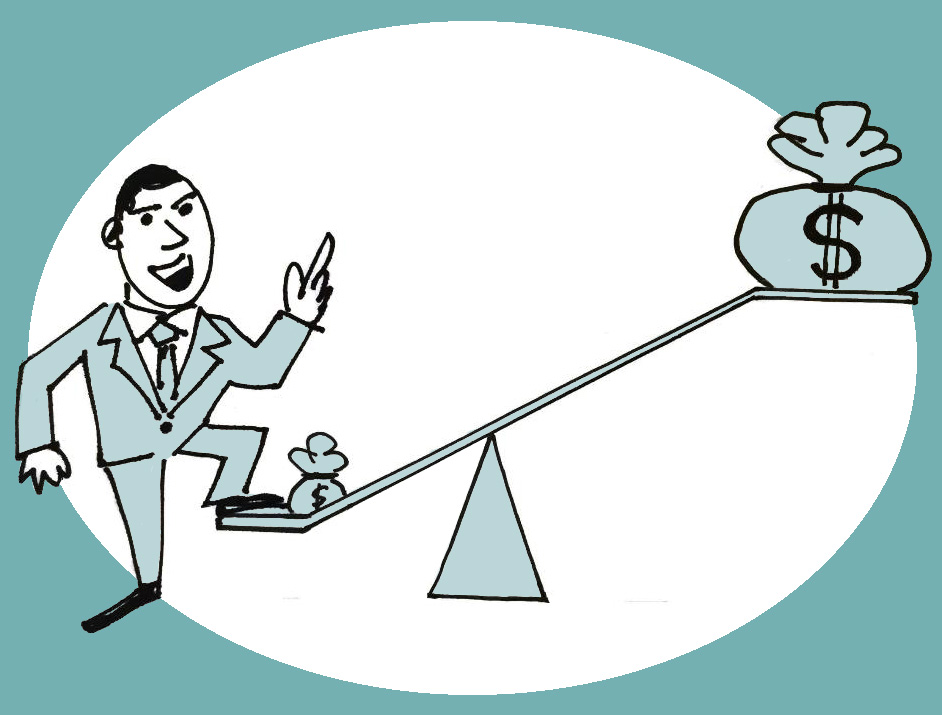A ring fence is a virtual barrier designed to segregate a portion of an institution’s financial assets from the rest.
The reasons for doing so are varied but range from avoiding future government bailouts of failed banks, in the case of the UK’s unique banking ring fencing scheme, to protecting assets from the losses incurred by a riskier line of business and, in some instances, to reducing the taxes of an operation or individual.
On March 24, 2017 the British website gov.uk said
Ring-fencing will support financial stability by making banking groups simpler and easier to ‘resolve’. This means that if either the ring-fenced or non ring-fenced part of the bank fails, it will be easier to manage the failure in an orderly way without the need for a government bail-out. As well as ensuring that UK taxpayers are not on the hook for bank failures, ring-fencing should mean fewer and less severe financial crises in the future, which will benefit the whole UK economy.
Indeed, a report published by the Bank of England in October 2022 highlighted how reduced risk taking had led to lower funding costs which were beneficial during the pandemic induced period of market stress.
Ring(-)fencing is also used to prevent customers of public utilities companies from being harmed by credit risks or exposures of the parent company that result in customers losing access to essential services such as energy.
And if ringfencing is back in the news it’s due to the fact that in November 2022, Ofgem, in a bid to overhaul Britain’s failing energy markets decided not to enforce the ringfencing of customer deposits held by energy companies, despite 28 energy companies going under in 2021. Then just a few days later Andrew Griffith, the City Minister proposed relaxing the ringfencing rules, (supposedly an example of Brexit freedom despite the fact that the initiative had nothing to do with the EU) even though banks remain undercapitalised.
Expect the term to be doing the rounds again.






